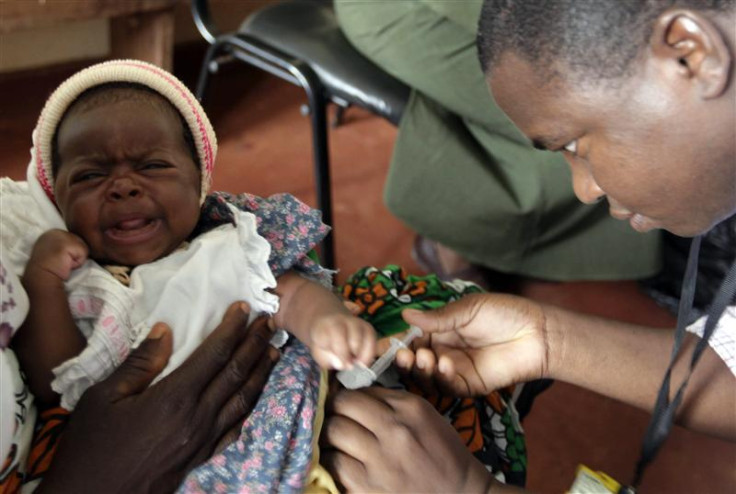Malaria: 150m at Risk in Nigeria, Cases Soar 250% in DR Congo

As the world marks Malaria Day, alarming new figures in Nigeria and Congo have emphasised that the fight against the disease is far from over.
Nigerian health minister Prof Onyebuchi Chukwu said that more than 150 million Nigerians - 90 percent of the population - were at risk.
"Malaria is a major public problem in Nigeria, contributing a quarter of theb malaria burden in Africa," he said.
Chukwu warned that the 2010 Malaria Indicator Survey conducted in Nigeria had revealed that up to 52 percent of children aged between 6 months and 5 years tested positive for the disease. Figures are higher in rural areas where 55.9 per cent of children tested positive.
Malaria accounts for 25 percent of infant mortality and 30 per cent of child mortality in Nigeria.
The World Health Organisation says it is also responsible for over 11 per cent of maternal mortality.
Chukwu said: "Malaria reduces Nigeria's GDP by 1 per cent annually. It is estimated that malaria-related illnesses and mortality cost Africa's economy about $12bn annually."
He said the ministry had distributed 47 million Long Lasting Insecticidal Nets (LLINs) in 30 states.
Malaria in DRC
Médecins Sans Frontières (MSF) warned that cases of malaria have increased in the Democratic Republic of the Congo (DRC) and added clinics and treatments centres are struggling to cope.
Malaria is the leading cause of death. The number of people treated for malaria in MSF projects has soared by 250% since 2009 in six of the country's 10 provinces and reported cases have risen sharply in the last six months.
"Treatment outside the cities remains especially weak, due to unaffordability or geographic inaccessibility," said Dr Jorgen Stassijns, a malaria specialist for MSF.
"In some areas, healthcare is simply non-existent. Even when treatment is available, the drugs are sometimes inadequate or outdated.
"Severe malaria cases often stay in hospital for over a week. This can be much longer, especially in children with malnutrition who are prone to other infections. If caught early, however, simple malaria can be treated with a three-day course of pills", the organisation said.
In 2011 MSF teams treated more than 158,000 patients with malaria compared to 45,000 in 2009.
The organisation said it has so far treated up to 85,000 since the beginning of the year.
© Copyright IBTimes 2025. All rights reserved.




















